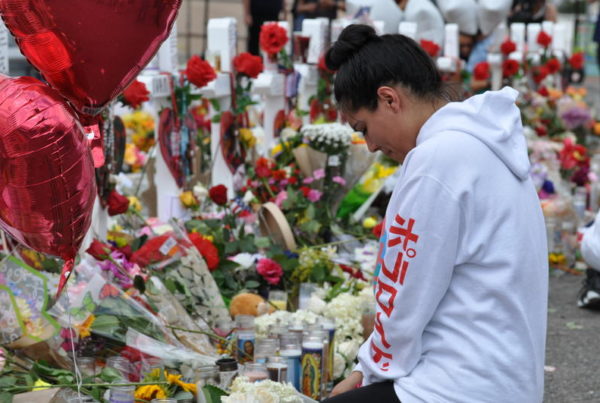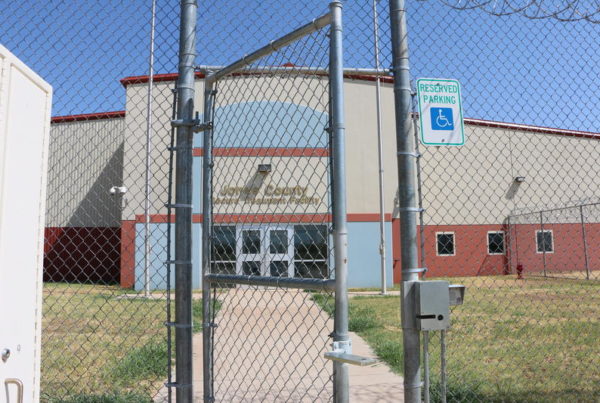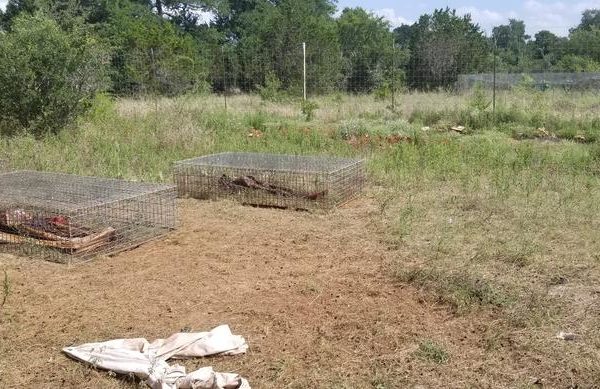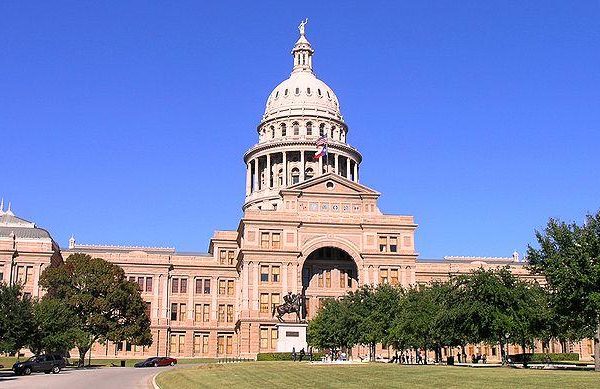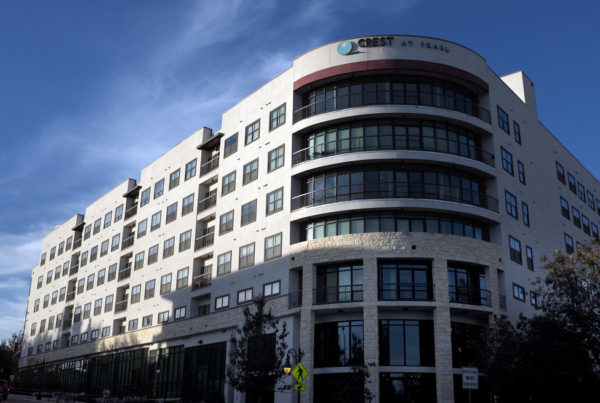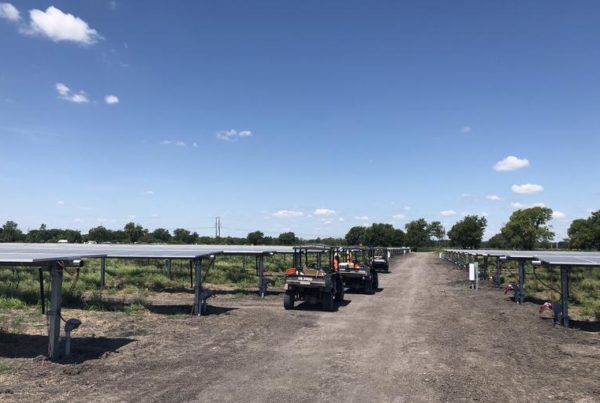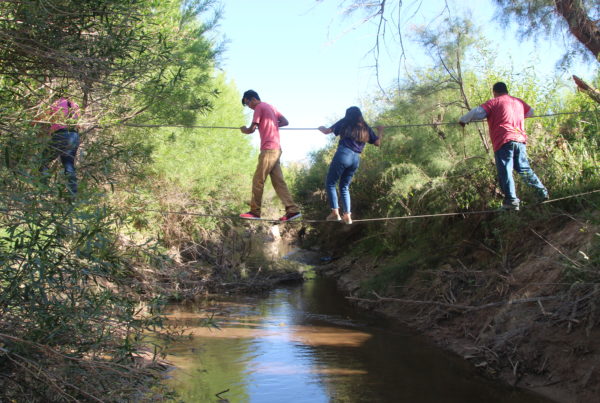Earlier this summer, law enforcement leaders in Dallas said homicide rates were the highest the city has seen in a decade. They’re expecting 228 by the end of the year. In one of case, police charged a man with killing 9-year-old Brandoniya Bennett who was shot in the head while sitting in her home on Aug. 14, reports The Dallas Morning News.
Now, Dallas Mayor Eric Johnson is creating the Task Force on Safe Communities to address the growing violence.
Alan Cohen, head of Dallas nonprofit Child Poverty Action Lab, will be on the task force, and says it’s necessary, in addition to police action, to make Dallas safer.
“We are waking up to tragedies in our community, and there’s nothing more important than making sure that the streets of Dallas are safe for our children,” Cohen says.
But he says addressing public safety is complex.
“It requires an approach where you’re gonna combine the best deep-data analysis with the lived experience of community members that feel like their streets are not safe right now,” Cohen says.
He also says it’s important to be solutions-oriented; he says the news media, in particular, focuses too much on the problem, especially the projected statistic of 228 homicides by the end of the year.
“When we read headlines … we run the risk of using data to admire the problem,” Cohen says. “We know that we have a safety issue – that’s the reason we have a task force. But we can’t only use data to tell us that we have a problem. We also have to use data to show us what is a path forward.”
Cohen says he understands that people may be concerned whether the task force will actually find that path. But he says the task force, and his participation in it, isn’t merely a political gambit; he says he’s genuinely determined to find solutions. And he says he’ll use his expertise on poverty to try to do so.
“We know that there’s a deep intersection between crime and poverty,” Cohen says. “There’s a whole host of issues that we can get to before a crime or an offense ever takes place.”
Written by Caroline Covington.





